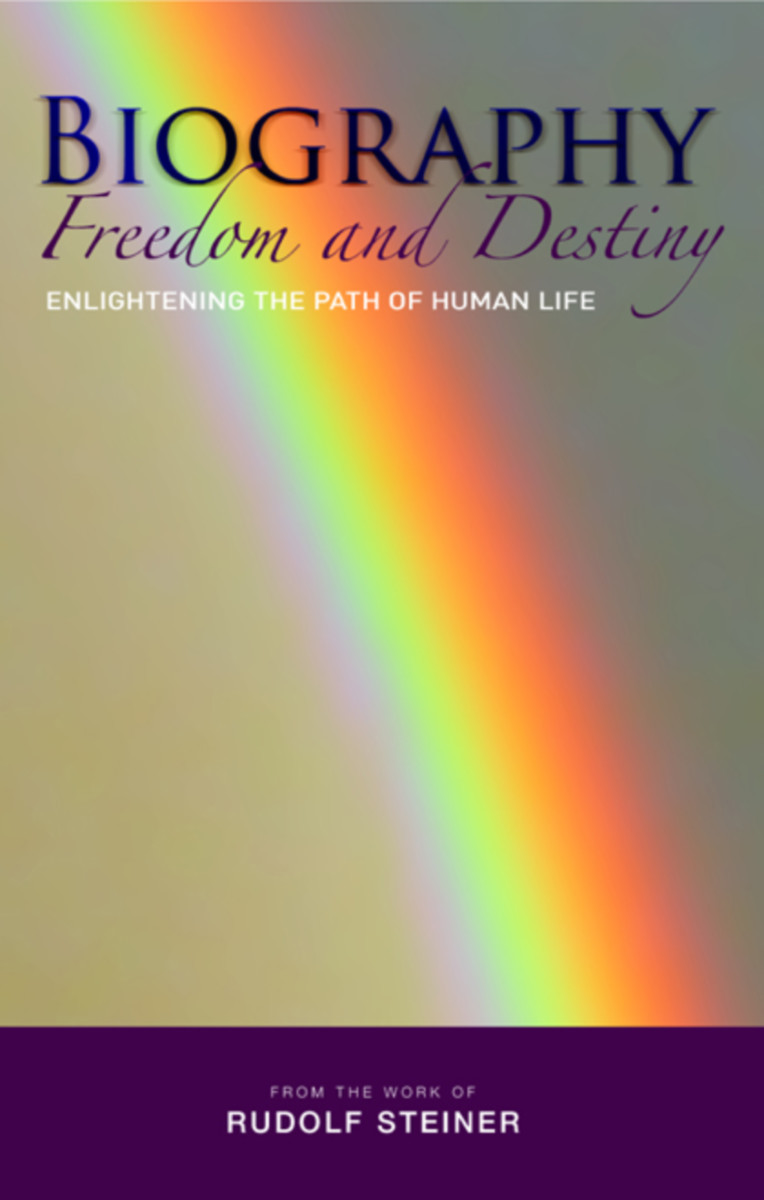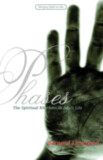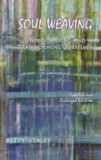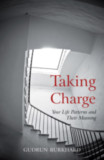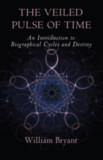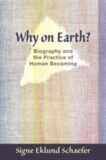Biography
Freedom and Destiny: Enlightening the Path of Human Life
- Publisher
Rudolf Steiner Press - Published
20th January 2010 - ISBN 9781855842250
- Language English
- Pages 264 pp.
The path of an individual human life, our biography, is a kind of mystery. Despite the abundance of published biographies and autobiographies of celebrities and historical figures, scientific study of human biography remains in its infancy, with little understanding of the inherent laws in the path of an individual’s life. Yet as Rudolf Steiner shows here, every biography—regardless of one’s place in life or a person’s perceived importance or success—is ruled by archetypal influences, patterns and laws.
This broad-ranging anthology addresses critical and still-unanswered questions: What are the effects of education—especially contrasting educational methods—on later life? How are the stages of one’s life interrelated? Do the effects of events on the individual become immediately evident, or is their true impact delayed, perhaps for decades? To what extent can we shape the stages of our individual biographies? How much freedom of choice do we have, and how much of life is predetermined?
Drawing on his capacity for higher knowledge through spiritual research, Steiner describes the human individuality as a being with a continuing existence, both before birth and beyond death. Our eternal being experiences a myriad of conditions and situations, the effects of which may be observed in one’s biography. This book addresses these and other issues such as freedom and destiny, the effects of heredity, illness, and the impact of education, offering answers based on a profound knowledge of the human being.
C O N T E N T S:
Introduction by Erhard Fucke
1. Asceticism and Illness
2. Human Character
3. The Spiritual-scientific View of Human Biography
4. Our Age as Individuals and Our Age as Members of Humanity in General
5. The Necessity for New and Mobile Ideas
6. Which Impulses Work to Counterbalance the Principle of Heredity?
7. The Rejuvenating and Ageing of Humankind
8. The Twofold Nature of the Human Form
9. An Art of Education Founded on Real Knowledge of the Human Being
10. Education at the Age of Puberty
11. Relationships of People of Different Age Groups
12. A Person’s Age as an Organ of Understanding
Sources
Further Reading
Note on Rudolf Steiner’s Lectures
Rudolf Steiner
Rudolf Steiner (b. Rudolf Joseph Lorenz Steiner, 1861–1925) was born in the small village of Kraljevec, Austro-Hungarian Empire (now in Croatia), where he grew up. As a young man, he lived in Weimar and Berlin, where he became a well-published scientific, literary, and philosophical scholar, known especially for his work with Goethe’s scientific writings. Steiner termed his spiritual philosophy anthroposophy, meaning “wisdom of the human being.” As an exceptionally developed seer, he based his work on direct knowledge and perception of spiritual dimensions. He initiated a modern, universal “spiritual science” that is accessible to anyone willing to exercise clear and unbiased thinking. From his spiritual investigations, Steiner provided suggestions for the renewal of numerous activities, including education (general and for special needs), agriculture, medicine, economics, architecture, science, philosophy, Christianity, and the arts. There are currently thousands of schools, clinics, farms, and initiatives in other fields that involve practical work based on the principles Steiner developed. His many published works feature his research into the spiritual nature of human beings, the evolution of the world and humanity, and methods for personal development. He wrote some thirty books and delivered more than six thousand lectures throughout much of Europe. In 1924, Steiner founded the General Anthroposophical Society, which today has branches around the world.


